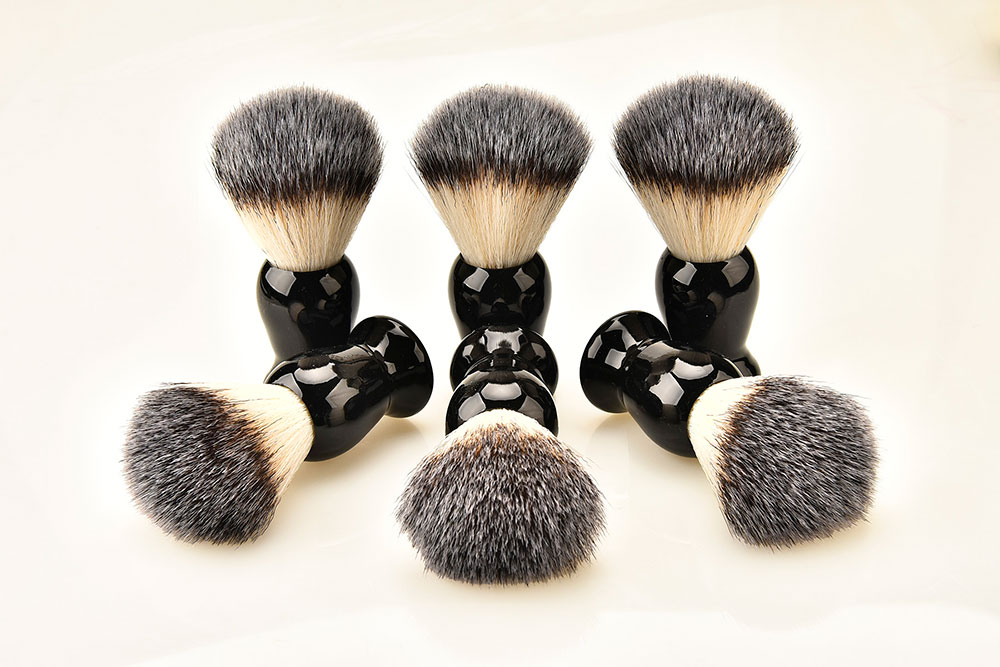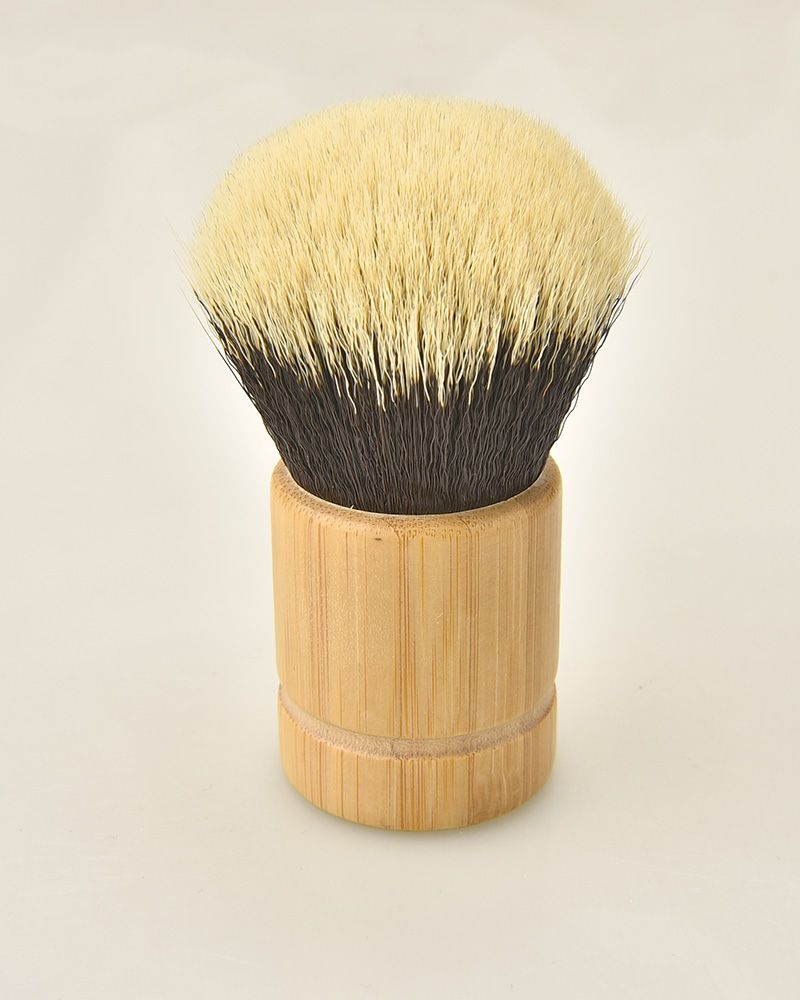Industry news
Recycled Plastic Bristles: Turning Ocean Waste into Sustainable Shaving Brushes
- 943 Views
- 2025-11-13 02:32:14
Recycled Plastic Bristles: Turning Ocean Waste into Sustainable Shaving Brushes
Each year, over 8 million tons of plastic waste flows into the oceans, threatening marine life and ecosystems. From discarded fishing nets to single-use bottles, this plastic persists for centuries, breaking down into microplastics that enter the food chain. Amid growing calls for sustainability, the shaving industry is emerging as an unexpected ally in the fight against ocean pollution—through recycled plastic bristles. These innovative materials are transforming marine waste into high-performance shaving brushes, blending environmental responsibility with daily luxury.
The journey from ocean debris to a premium shaving tool begins with intentional collection. Unlike general plastic recycling, which often relies on post-consumer waste from households, ocean-bound plastic for bristle production targets "at-risk" plastic: items within 50km of coastlines, destined for the sea. Partnerships with coastal communities and NGOs ensure ethical sourcing—local fishers, for example, are trained to recover abandoned fishing nets (a major ocean plastic contributor) alongside their catch. This not only cleans the oceans but also provides additional income to vulnerable communities, creating a social impact loop.
Once collected, the plastic undergoes rigorous processing to meet bristle-grade standards. First, the waste is sorted by resin type (typically PET from bottles or HDPE from containers) and stripped of non-plastic contaminants like metal or fabric. Next, it’s shredded into flakes, washed with biodegradable detergents to remove salt and algae, and melted into uniform pellets. The critical step comes in extrusion: these pellets are heated to precise temperatures (250–280°C for PET) and forced through micro-dies to form continuous filaments. Engineers adjust die size (0.15–0.25mm diameter) and cooling rates to control bristle thickness and flexibility—key for a comfortable shave. To enhance performance, additives like plant-based plasticizers are blended in, boosting elasticity so the bristles retain shape after repeated use.

Critics once questioned if recycled plastic could match the quality of traditional nylon bristles, but modern technology has bridged the gap. Testing shows recycled PET bristles offer comparable softness (Shore A hardness of 65–70, vs. 68–72 for nylon 6) and better water retention, lathering shaving cream more effectively. A 2023 consumer trial found 82% of users couldn’t distinguish between recycled plastic and nylon brushes in blind tests, with 76% preferring the recycled version for its "softer feel." Durability is also on par: after 12 months of weekly use, recycled bristles showed only 5% wear, matching the longevity of conventional options.
Beyond performance, the environmental case is compelling. Producing recycled plastic bristles emits 60% less CO2 than virgin nylon and reduces reliance on fossil fuels—each brush diverts approximately 150g of plastic from oceans (equivalent to 10 plastic bottles). Brands adopting this material are winning over eco-conscious consumers: the sustainable grooming market grew 22% in 2023, with recycled plastic products leading the charge. Certifications like Oceanworks’ Ocean-Bound Plastic认证 further validate credibility, assuring buyers the plastic is truly ocean-rescue, not just post-consumer waste.

For manufacturers, recycled plastic bristles represent more than a trend—they’re a catalyst for industry-wide change. By proving sustainability and quality can coexist, they’re pushing competitors to rethink materials. Some brands now offer "take-back" programs, encouraging users to return old brushes for recycling, while others are exploring hybrid bristles (recycled plastic + bamboo fiber) for even lower environmental impact. As regulatory pressures mount (e.g., the EU’s Plastic Strategy banning single-use plastics by 2030), recycled materials are becoming a compliance necessity, not just a marketing tool.
The rise of recycled plastic shaving brushes is a testament to circular economy innovation—turning a global problem into a daily solution. Each brush tells a story: of a fishing net rescued from a coral reef, a plastic bottle diverted from a seabird’s nest, and a consumer making a choice that protects the planet. As technology advances and costs fall, recycled plastic bristles could soon become the industry standard, proving sustainability isn’t a compromise—it’s the future of grooming.











